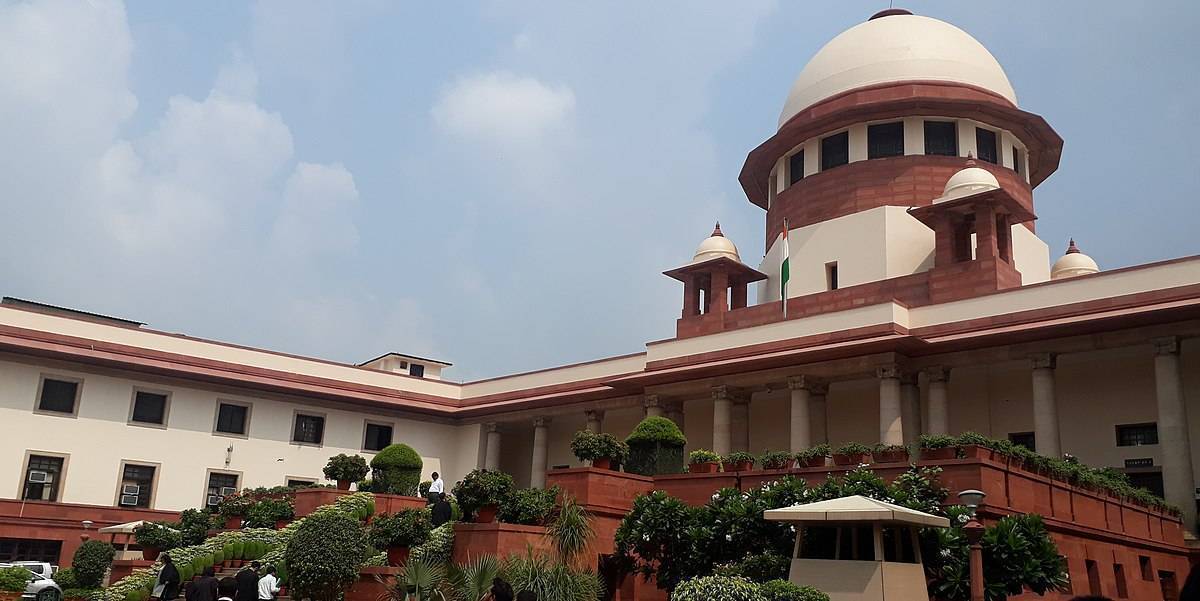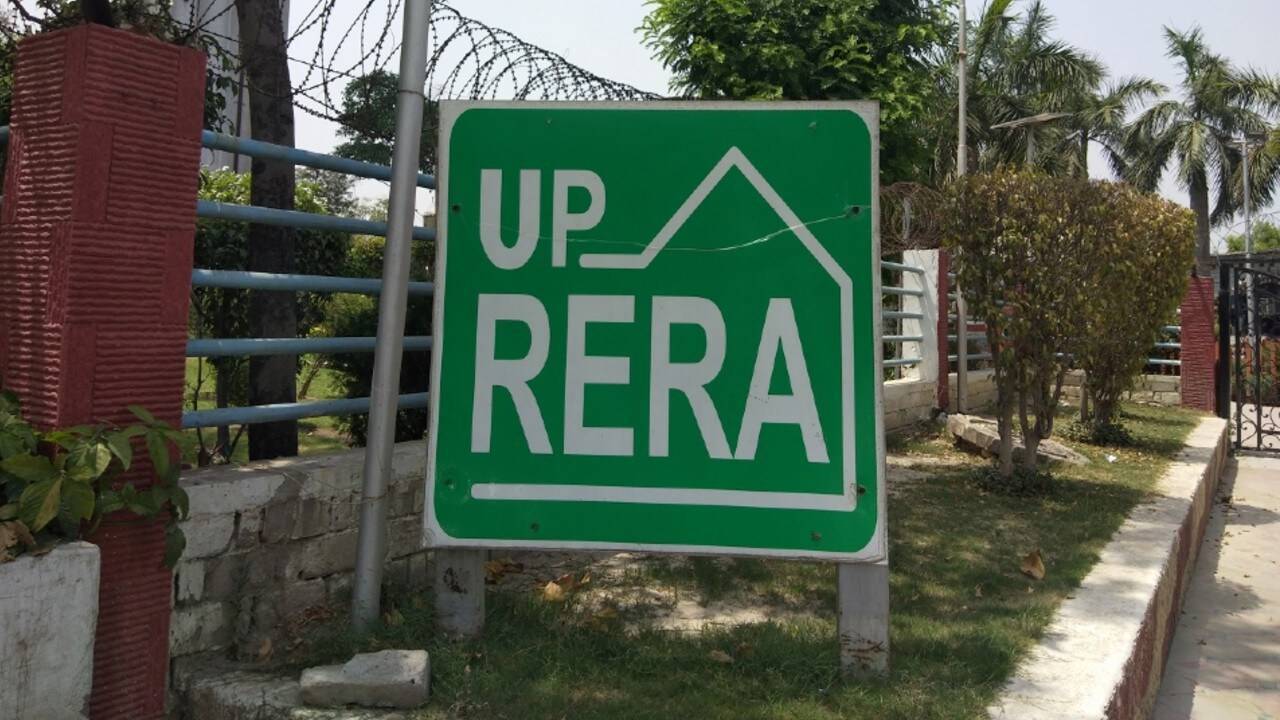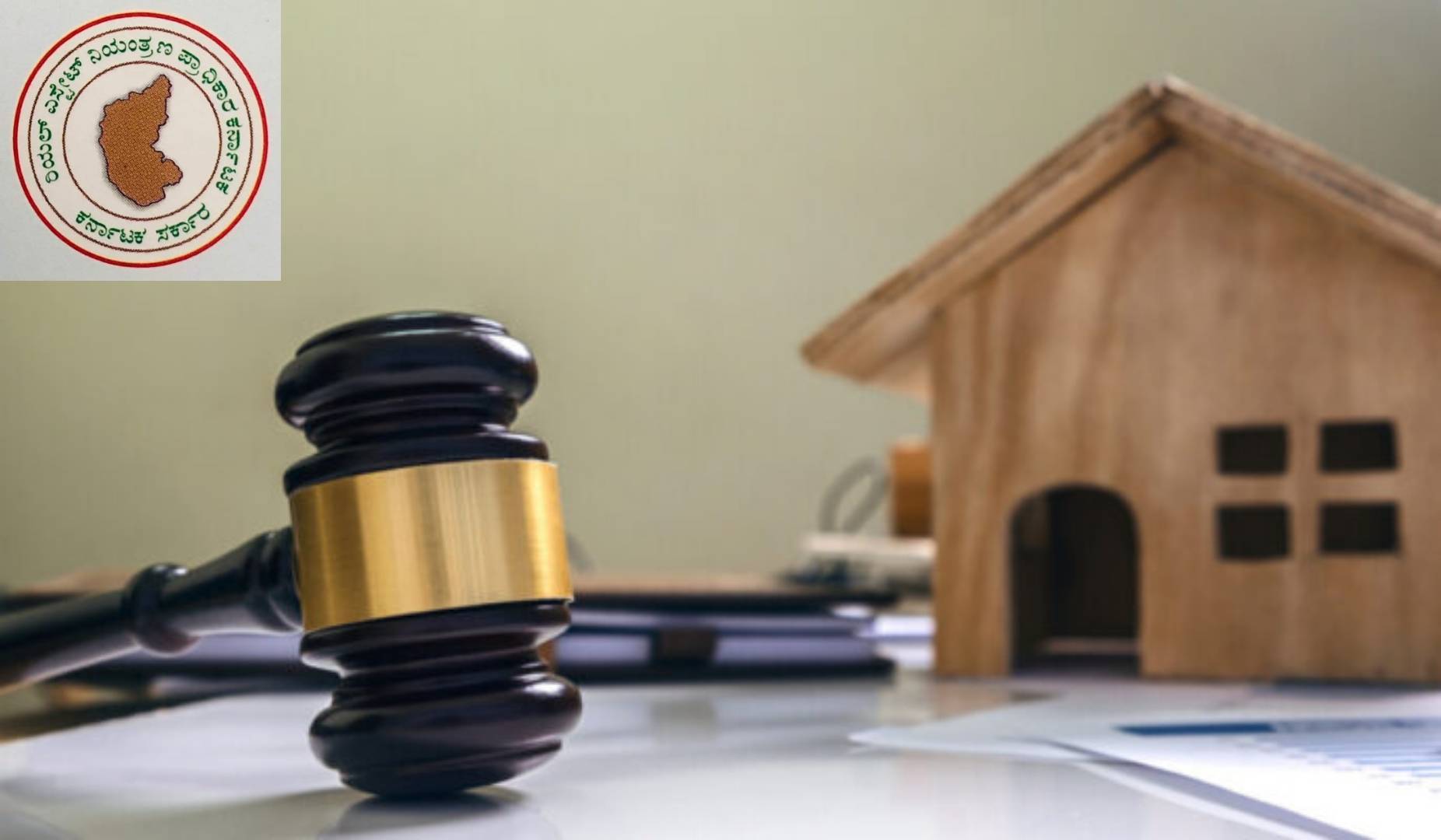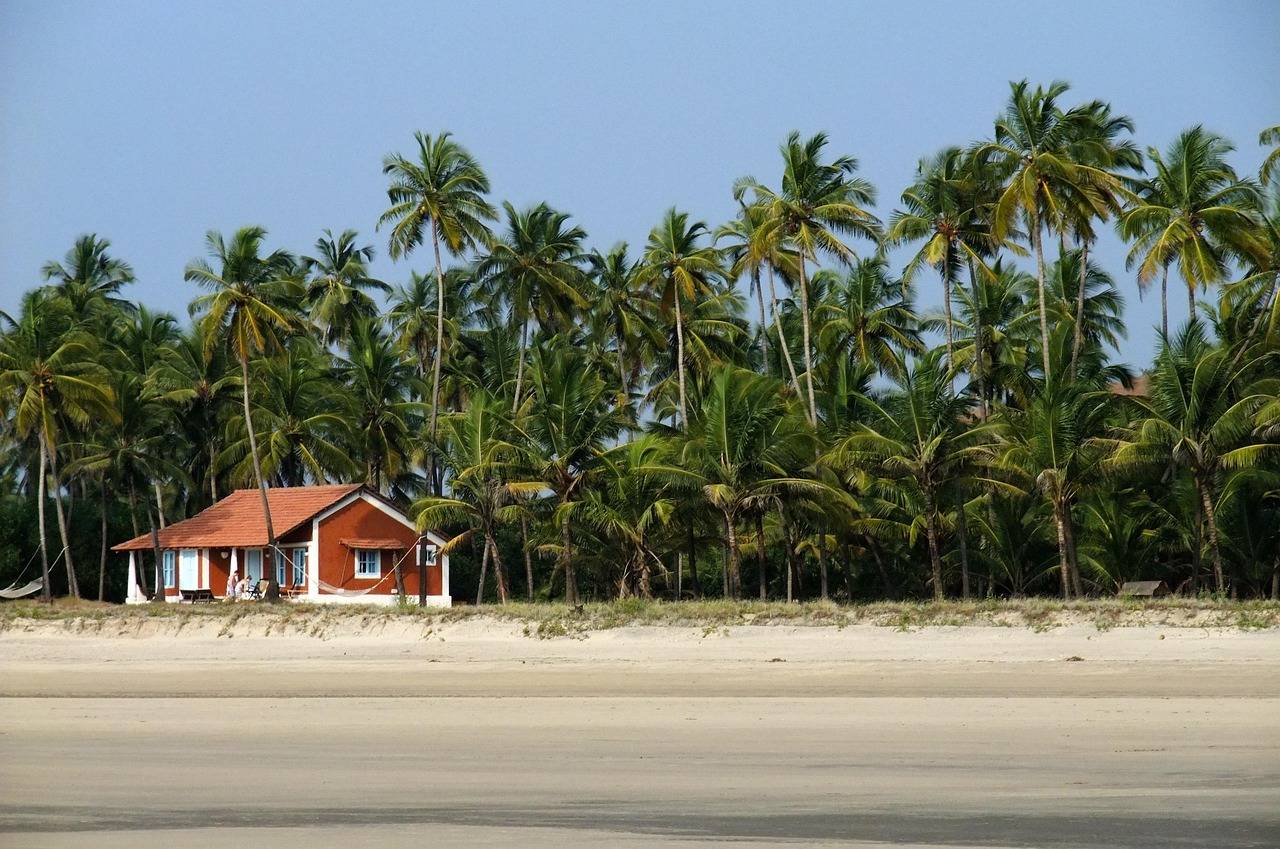The Supreme Court has permitted the M3M Group to substitute a property that was provisionally attached by the Enforcement Directorate (ED) under the provisions of the Prevention of Money Laundering Act, 2002. The approval has been granted with strict adherence to a set of conditions proposed by the ED, all of which have been accepted by the petitioner through an affidavit filed before the court.
A two-judge bench comprising Justices P S Narasimha and R Mahadevan delivered the order in response to a petition filed by M3M India Pvt. Ltd. and M3M India Infrastructure Pvt. Ltd. The petition challenged a previous decision of the Punjab and Haryana High Court, which had denied the group’s request for substitution of the provisionally attached property.
The Supreme Court, after examining the matter in detail, allowed the request but made it subject to nine conditions laid out by the ED. These conditions are aimed at ensuring that any replacement property meets the same legal and financial criteria as the originally attached asset, thereby maintaining the integrity of the ongoing investigation.
As part of the conditions, M3M Group is required to establish undisputed ownership and clear, marketable title over the asset proposed for substitution. This must be backed by verifiable documentary evidence acceptable to the court. Additionally, the substituted property must be free of any encumbrances, including third-party claims, mortgages, or liens. A certification to this effect must be submitted along with a notarised undertaking that the asset will not be transferred, sold, or otherwise alienated during the pendency of proceedings.
The court has also mandated that the value of the substituted asset should be at least equal to that of the property already attached. This valuation must be conducted by an independent chartered valuer and must include supporting documentation. The ED retains the right to verify and challenge the adequacy of the substitution if the asset fails to meet the prescribed standards.
The substitution request had earlier been turned down by the Punjab and Haryana High Court. M3M Group, citing operational considerations, approached the Supreme Court after the rejection. The top court, while granting relief, has ensured that the ED's interest in securing the proceeds of crime under the PMLA is not compromised.
The ED had provisionally attached the property as part of its ongoing probe into alleged violations under the money laundering law. Provisional attachment is a mechanism used to prevent the disposal or alienation of assets suspected to be linked to criminal proceeds. The process allows the ED to secure such properties while further investigation is carried out.
This development marks a procedural shift, as courts generally deal with such requests conservatively. The acceptance of asset substitution, subject to stringent checks—provides an option for entities facing provisional attachments to manage their asset base more flexibly, without impacting the course of investigation.
The matter remains under judicial monitoring, and the substituted asset will now stand in place of the original property during the continuation of the proceedings. Further evaluation by the ED is expected to ensure that all conditions continue to be met in the upcoming stages of the case.
Image source- scobserver.in









